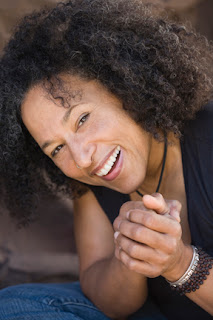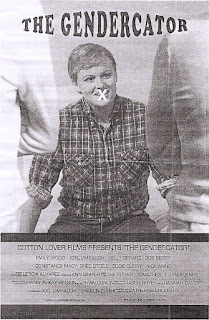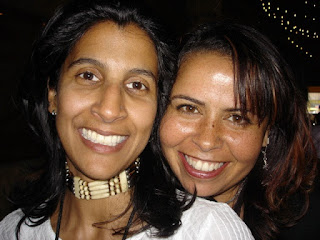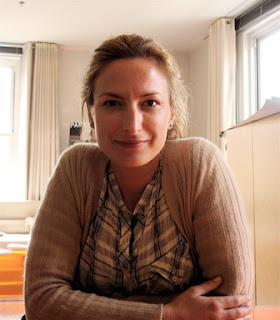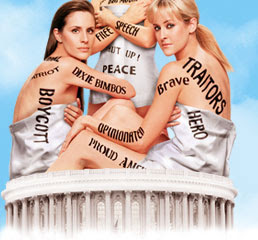Search This Blog
Official website of Annakarinaland , broadcast on KXSF.fm San Francisco Community Radio Focus on Women and Film. Published reviews and scholarly writing of film critic Moira Jean Sullivan
Posts
Frameline31 San Francisco Pulls Lesbian Film from Lineup
- Get link
- X
- Other Apps
Third Queer Women of Color Film Festival, San Francisco, 2003
- Get link
- X
- Other Apps
National Queer Arts Festival, San Francisco Kicks Off
- Get link
- X
- Other Apps
Lesbian National Center for Lesbian Rights Celebrates 30 with Martina Navratilova
- Get link
- X
- Other Apps
Ensemble Album with Swedish Lesbian Vocalist Eva Dahlgren Blacklisted by Bush
- Get link
- X
- Other Apps
"I Give You The Queen" But We'll Take Ellen Anyday
- Get link
- X
- Other Apps
